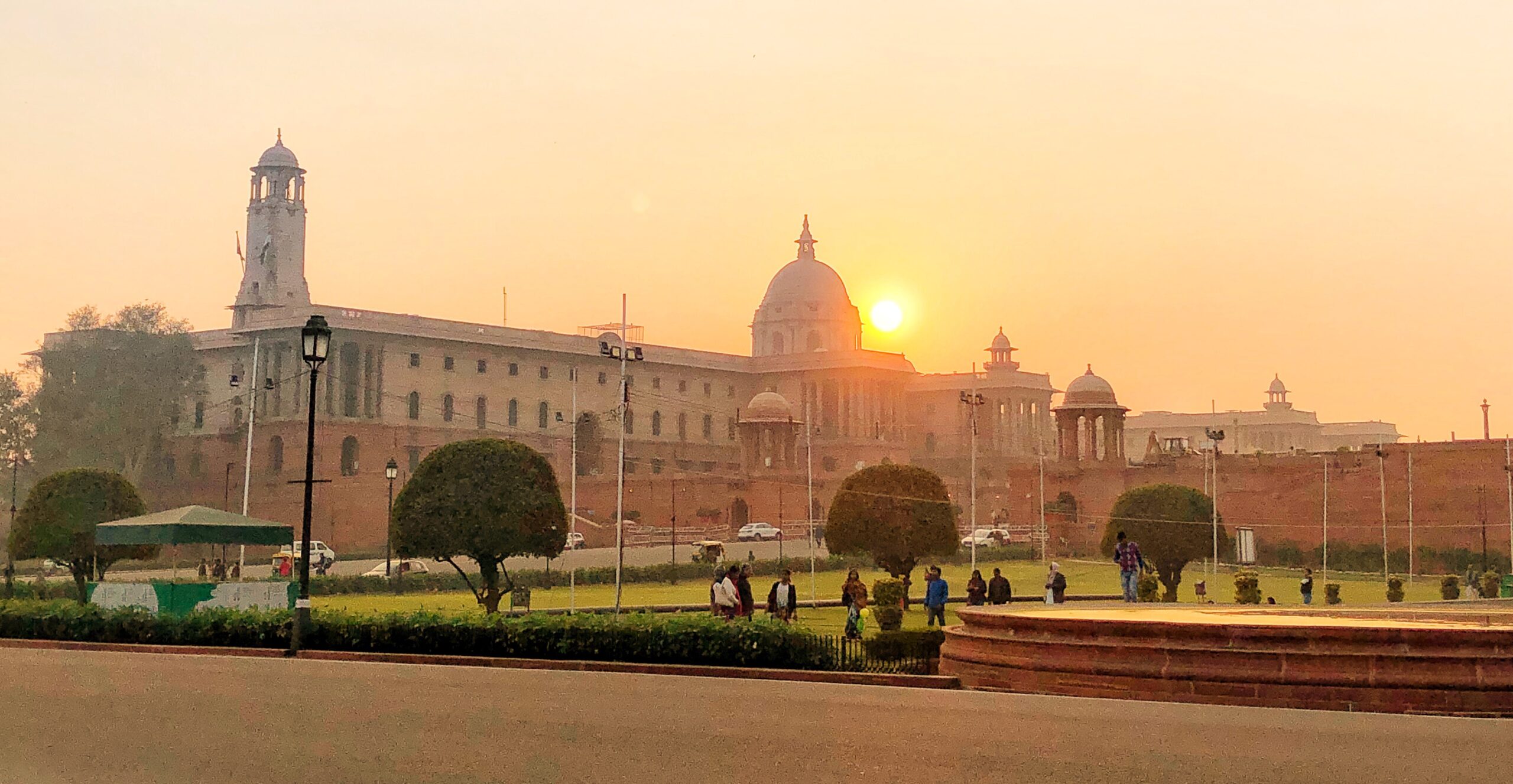What’s Up with New Delhi’s Air?
So, New Delhi has a serious problem – the air is getting super dirty. The Air Quality Index (AQI), which is like a scoreboard for how clean or polluted the air is, hit 285 for PM2.5. That’s the tiny stuff in the air that can mess with your health, and 285 means it’s really bad.

Why is New Delhi’s Air So Bad?
There’s a bunch of reasons why the air in New Delhi is not great:
- Farmers Burning Crops: Around New Delhi, farmers burn old crops to clear the field for new ones. It’s a quick fix for them, but it sends a lot of smoke into the air.
- Factories and Cars: All the smoke from factories and exhaust from cars add to the problem.
- Construction Dust: Building stuff creates a lot of dust, and that dust goes into the air.
- Desert Dust: Dust blows in from the nearby Thar Desert too.
- Home Fires: In the winter, people light fires to cook and keep warm, which adds more smoke to the air.
Why Should We Care?
Breathing in the tiny PM2.5 particles is really bad for you. They can get into your lungs and blood and cause all sorts of health problems like asthma, heart disease, and even lung cancer. It’s especially risky for kids, old people, and anyone who’s already sick.

What’s Being Done About It?
To deal with this air crisis, a bunch of steps have been taken:
- Schools Go Online: Kids are doing school from home to avoid going outside.
- Stay Indoors Advice: Everyone’s being told to stay inside as much as possible.
- Car Rules: The government has a system where only half the cars can go out on certain days to cut down on traffic fumes.
- Techy Rain: Scientists are trying to make it rain on purpose (yeah, that’s a thing) to clean the air.
Long-Term Fixes
To really fix the air quality problem, some big changes need to happen:
- Better Farming: Farmers need new ways to deal with old crops instead of burning them.
- Renewable Energy: Using more solar and wind power means less pollution from energy production.
- Improve Public Transport: If public transport is better, fewer people will need to use cars.
- Education: Teaching people about pollution can help them make better choices.
Wrap-Up
The air pollution in New Delhi isn’t just one person’s problem; it’s something everyone needs to work on together. By changing how we do things and using new ideas, we can make the air safer for everyone in New Delhi.

FAQ: New Delhi’s Air Pollution Explained
Why is New Delhi’s air so polluted?
New Delhi’s air pollution comes from several sources: farmers burning crops, industrial emissions, car exhaust, construction dust, desert sand, and smoke from household fires. All these combine to make the air really unhealthy.
What is PM2.5 and why is it important?
PM2.5 refers to tiny particles in the air that are less than 2.5 micrometers wide. They’re important because they can get deep into your lungs and even into your bloodstream, causing health problems like breathing issues, heart disease, and cancer.
How does the AQI work?
The Air Quality Index (AQI) is a scale that tells us how polluted the air is. It goes from 0 to 500. The higher the number, the worse the air quality. An AQI over 200 is considered very unhealthy.
What health problems can air pollution cause?
Breathing in polluted air can lead to asthma attacks, respiratory infections, heart disease, stroke, and lung cancer. It’s especially dangerous for young children, the elderly, and people with pre-existing health conditions.
What are some of the measures taken to improve air quality in New Delhi?
Measures include closing schools, advising people to stay indoors, implementing car restrictions, and experimenting with cloud seeding to induce artificial rain and clear the air.
Can technology really create rain to clear pollution?
Yes, it’s called cloud seeding. Scientists release substances into the air that encourage raindrop formation, which can then wash away the pollutants.
What can I do to help improve air quality?
You can use public transport, carpool, reduce energy consumption at home, follow local guidelines on bad air days, and support policies and practices that aim to reduce air pollution.
How effective are government policies in combating air pollution?
Government policies like traffic restrictions and promoting cleaner energy can be effective, but they need to be part of a larger, consistent effort that includes public cooperation and long-term changes in industrial practices and urban planning.
Sources The Washington Post


